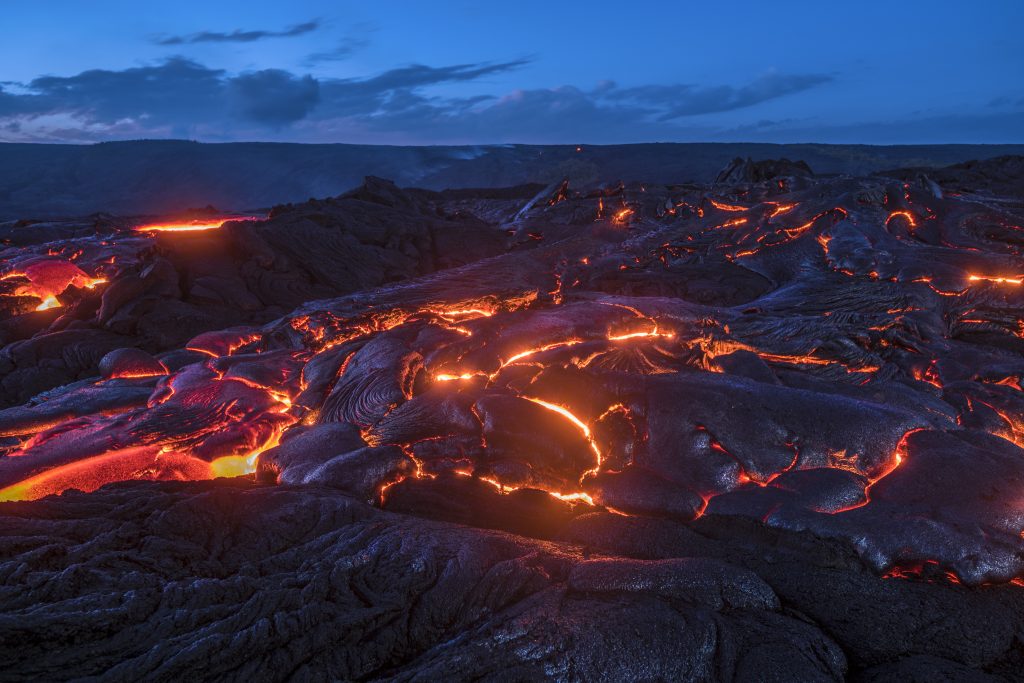The whispers of the ancients can still be heard today, especially if one takes a moment to listen to the teachings of Huna—a tradition imbued with the spiritual essence of the Hawaiian archipelago. Huna is not just a philosophy or practice; it’s a living legacy that connects the past and present, joining heartbeats through millennia. But where did Huna originate, and how did it become the revered system we know today?
Roots in Ancient Polynesia
Long before “Huna” was used as the term we are familiar with today, the Polynesian ancestors on the Hawaiian Islands practiced a system of healing and spirituality that would serve as the foundation for modern Huna teachings. This system was known to the ancient Hawaiians as ‘Ho’omana’. The word “Ho’o” translates to “to make”, while “mana” signifies the spiritual power or life force energy. Together, Ho’omana encapsulates the idea of empowering or increasing spiritual power.
Lore of Lost Continents
Legends hint that the roots of Huna may stretch even further back in time, potentially 35,000 years or more, when the teachings were said to flourish in the heart of a now-lost continent in the Pacific, of which the Hawaiian Islands are the remaining peaks. While concrete evidence of this lost continent remains elusive, these myths add to the mystique and depth of Huna’s origins.
A System Preserved in Chants and Traditions
In its purest form, the ancient teachings were preserved and passed down orally—through chants, dances, and rituals. The Kahunas, or the experts in these traditions, were the spiritual leaders and healers of the community. They held the knowledge of manipulating ‘mana’ to heal, predict the weather, or even navigate the vast Pacific Ocean using only the stars.
A Collision with Western Thought
The arrival of Western missionaries in the 19th century marked a turning point for many indigenous practices, including Huna. With the imposition of new religious and cultural values, much of the traditional Hawaiian spiritual practices were suppressed or driven underground. However, the ember of these ancient teachings continued to glow, waiting for a resurgence.
The Modern Revival
In the 20th century, Max Freedom Long, an American teacher who lived in Hawaii, became intrigued by the mysteries of the Kahunas and their practices. While his interpretations and perspectives were seen by some as a departure from traditional teachings, Long is credited with coining the term “Huna” and introducing its principles to a broader, global audience.
Over the decades, there’s been a growing interest in rediscovering and understanding Huna in its original context. Scholars, practitioners, and spiritual seekers have journeyed to Hawaii, seeking authentic teachings, and in doing so, have helped in reviving and preserving the traditions.
A Living Legacy
Today, Huna is recognized not just as a historical relic but as a vibrant spiritual practice. It offers tools for personal growth, healing, and understanding the interconnectedness of all life. The core principles, emphasizing harmony with nature, the power of intention and focus, and the importance of inner balance, are universal and timeless.
In tracing the origins of Huna, we don’t just uncover historical facts but discover a spiritual voyage—a journey that spans across time and hearts, reminding us that wisdom, once born, never truly fades but evolves, waiting for those willing to listen and learn.



